According to Ms. Thai Thi Thanh Huyen, changing the way literature exams are graded according to the 2018 general education program is inevitable.
In the past, teaching literature mainly aimed to convey knowledge and existing interpretations of works. But under the new program, teaching literature has shifted to the goal of developing language ability, thinking and personal perception.
“In the 2018 general education program, literature is no longer a “ready-made dish” for students to memorize and recite, but becomes living material for students to explore , respond and create on their own.
Therefore, the way of grading essays must also change. It is impossible to grade the old way when the writing is created from the new teaching method.
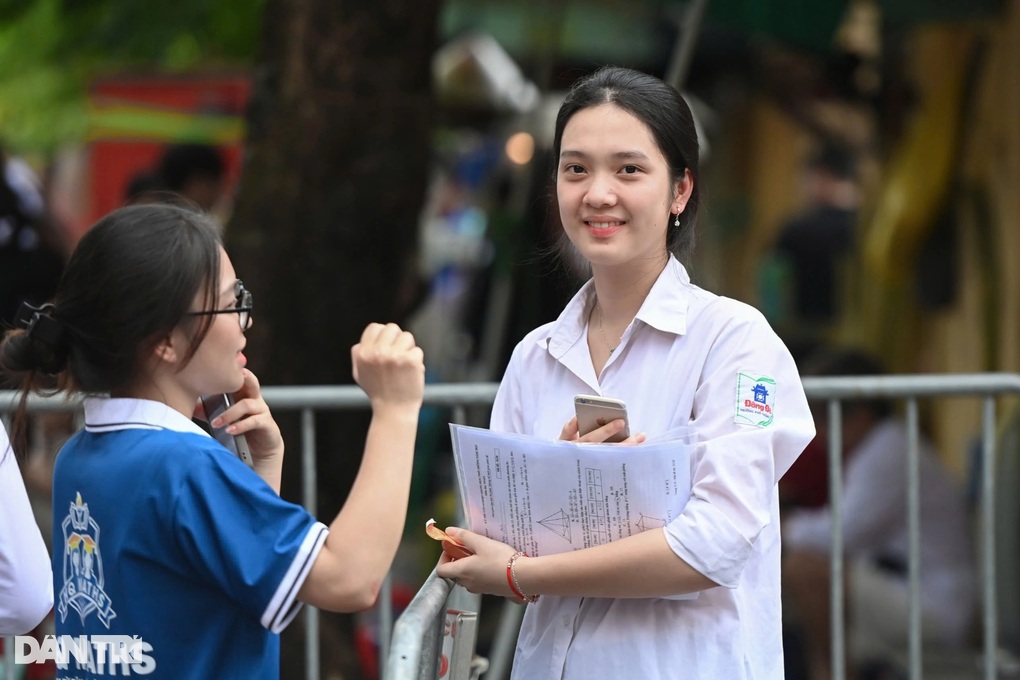
Candidates taking the 2025 high school graduation exam in Hanoi (Photo: Hai Long).
An essay is no longer a “copy of a model essay”, but a “personal language product” that reflects each student's level of understanding, feeling, thinking, reasoning ability and expression style.
Changing the grading method is not only a technical requirement, but also an innovation in professional thinking, in the way we view learners from receptive objects to creative subjects," Ms. Huyen shared on the Literature and Talk page.
The biggest differences in the way essays are graded in the past and present are pointed out by Ms. Huyen as follows:
Regarding the assessment and grading of writing according to the old program, it mainly revolved around "correct knowledge". Students who wrote correctly, wrote correctly, and analyzed correctly received high scores.
The new curriculum will evaluate comprehensive abilities such as perception, thinking, expression and personal expression. An essay may not be complete with all arguments, but if it shows depth of thought and sincerity in writing style, it will still be evaluated well.
Regarding the marking method, the old way of marking essays will be marked by each idea. A correct main idea will be awarded 1 point, a wrong idea will be deducted. However, the new way of marking essays will consider the whole essay from the argument, the arrangement of ideas, the quality of evidence, the persuasiveness to the emotions in the expression.
In addition, the concept of writing length has changed. Previously, a 5-7 page essay, copied all over the notebook, was often considered a good essay. Nowadays, a good essay is one that is coherent, concise, and to the point.
In terms of argumentative thinking, ancient literature tended to interpret according to the model of introduction - body - conclusion. Each paragraph had a specific outline, students only needed to develop it in the correct order. Meanwhile, "modern literature" allows students to flexibly change the structure, know how to make inferences, associations, and connections at the right time to clarify the problem, and express personal thinking.
Ms. Huyen also emphasized that the criteria for right and wrong in grading essays are no longer as clear as before. The grading of “literature” today tends to be “open”, with many correct ways and approaches, as long as they are reasonable and convincing.
In particular, the creative element is considered a big plus.

Candidates discuss after the literature exam (Photo: Hai Long).
“In the past, creativity that was different from the answer was sometimes considered “deviant”. Now, creativity in the right direction, good arguments, and showing personal qualities are always recognized and encouraged,” Ms. Huyen shared.
With the above differences, Ms. Huyen believes that the role of the essay grader under the new program has also changed. If in the past, the essay grader was the one who “checked the accuracy of the questions”, now he is the one who “appraises the art of language”, responsible for discovering potential and recording individual voices.
In that context, Ms. Huyen proposed 4 important principles when grading literature exams according to the new program, which are: shifting from grading "correct" to grading "good", from wordy to coherent, from making answers artistic to making them artistic, and from the grader to the companion.
“Each essay is a draft of the soul. We do not only evaluate, but also contribute to nurturing young writers. The graders need to be more tolerant with the students. Even though their reading comprehension is still a bit clumsy and does not match the answers, in return, the students have their own interpretations and feelings, which are also worthy of respect and should not be deducted heavily,” Ms. Huyen stated her opinion.
Ms. Thai Thi Thanh Huyen is the founder of the Literature and Conversation page and also the Head of the Literature Department at Ha Tinh Specialized High School.
Source: https://dantri.com.vn/giao-duc/giao-vien-truong-chuyen-tiet-lo-cach-cham-van-theo-chuong-trinh-moi-20250626205448466.htm






![[Photo] General Secretary To Lam and National Assembly Chairman Tran Thanh Man attend the 80th Anniversary of the Traditional Day of the Vietnamese Inspection Sector](https://vphoto.vietnam.vn/thumb/1200x675/vietnam/resource/IMAGE/2025/11/17/1763356362984_a2-bnd-7940-3561-jpg.webp)


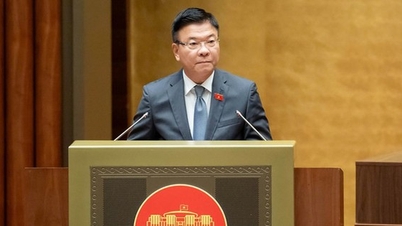

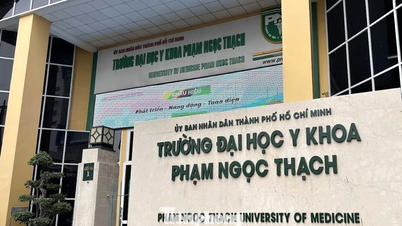

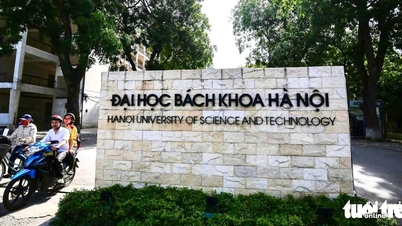


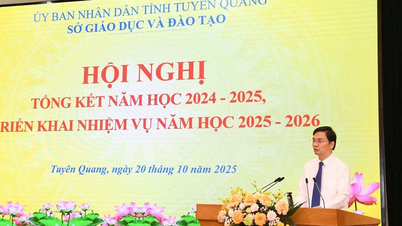



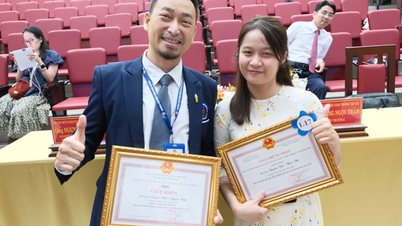












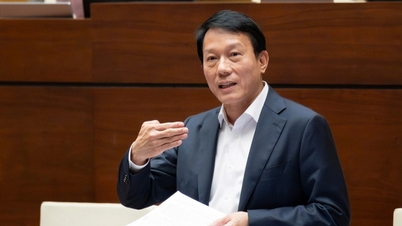

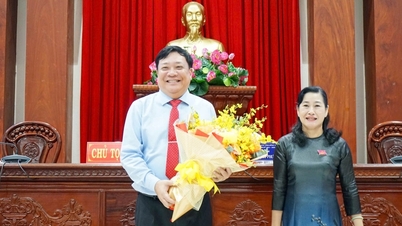

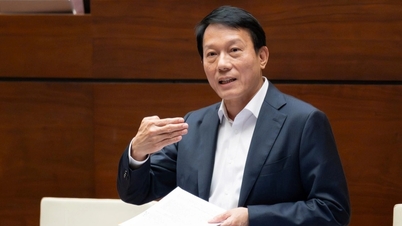
















































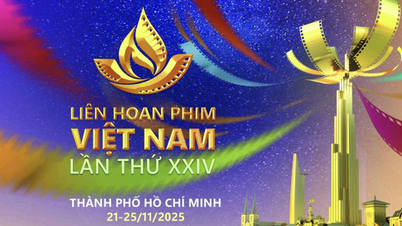






















Comment (0)